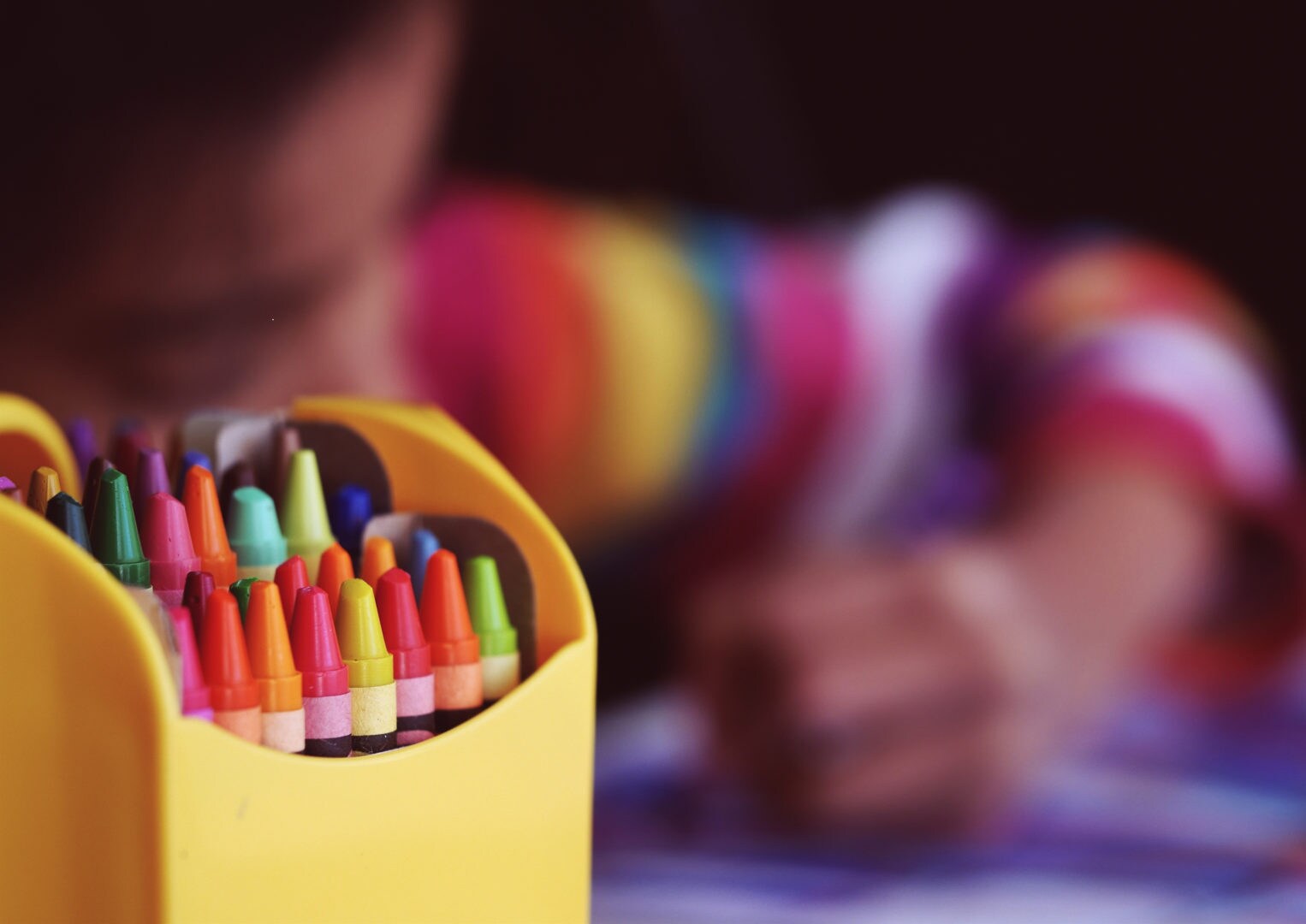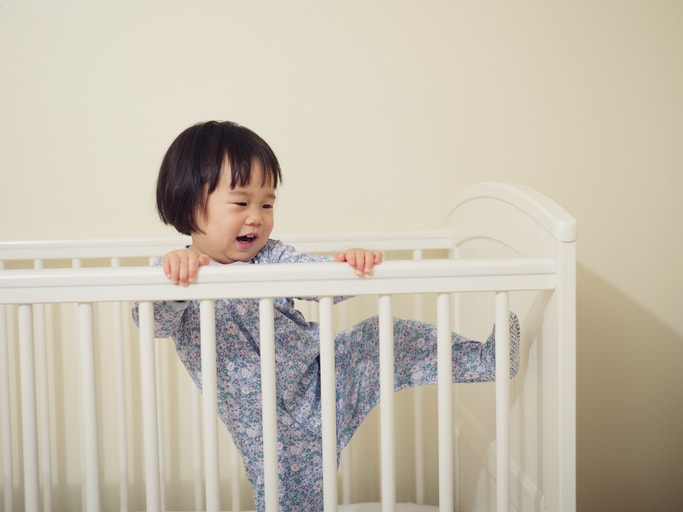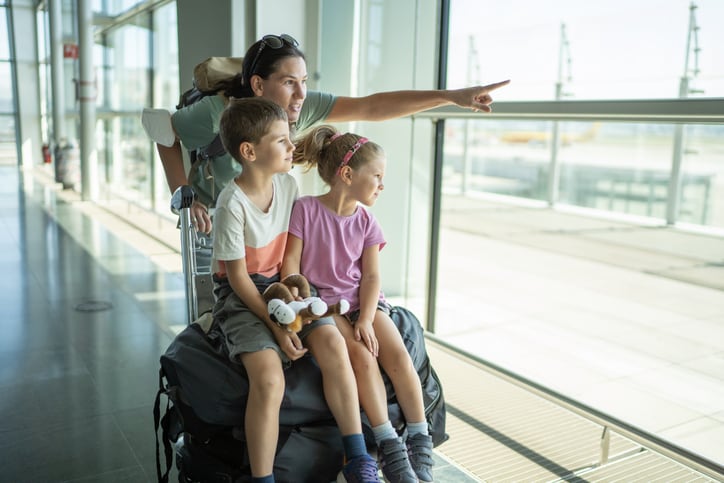We can all remember hating homework. If you’re a parent, then you might still loathe the task. One school recently banned the practice, and you might be surprised at the results.
“They’re just kids. They’re pretty young and they just put in a full day’s shift at work and so we just don’t believe in adding more to their day,” Orchard School Principal Mark Trifilio told the Associated Press. “We also feel that we are squashing their other passions and interest in learning.”
So the Vermont school met with 40 educators last summer and discussed trying an option other than homework.
“All 40 voted yes,” Trifilio told the The Washington Post. “And not just yes, but a passionate yes. When do you get 40 people to agree on something?”
This is what they came up with:
No Homework Policy
Orchard School Homework Information
Student’s Daily Home Assignment
1. Read just-right books every night —
(and have your parents read to you too).
2. Get outside and play —
that does not mean more screen time.
3. Eat dinner with your family —
and help out with setting and cleaning up.
4. Get a good night’s sleep.
Seattle psychotherapist Dr. Kathleen M. Pape told Care.com that research could support the concept.
“There is a considerable body of research and theory claiming that human cognitive development — thinking, memory, problem-solving, processing information — is a primarily social endeavor,” she said. “The daily skills enacted within a child’s culture — for example, tool use, language, rituals, games, fantasy and social interactions — strongly shape a child’s intellectual and cognitive development.”
When students are young, like the ones at the Orchard School, they’re still learning a lot about life, too.
“In their elementary school years children are tasked with not only developing their intellectual skills, they also need to learn what it means to be a human,” Pape said. “That would include important knowledge like moral understandings, how to engage with others, as well as their own personal awareness and reflection.”
So it makes sense that kids would spend time out in the world and away from pesky math worksheets.
Principal Trifilio considers the switch a success. He said students have “time to be creative thinkers at home and follow their passions.”
Plus, their grades haven’t fallen. Trifilio surveyed the parents of the school’s student body, which includes almost 400 kids. According to The Washington Post, most of them supported the concept and said their kids are reading more on their own because of it.
Dr. Yolanda Evans, member of the Division of Adolescent Medicine at Seattle Children’s Hospital and assistant professor of pediatrics at the University of Washington School of Medicine, told Care.com, “It’s excellent that this school is encouraging parent involvement, reading and creative play.”
She said schools should consider parents’ lives before enacting a similar policy, though.
“For schools considering a policy like this, I would be cautious. Consider the risks and benefits,” Evans said. “If having some homework allows for parent interaction with their children, positive communication, encouragement through struggles, and aids in building autonomy, I’d want to ensure the school enacted a policy that had similar benefits.”
Evans said educators should discuss if parents have the ability and time to follow through with the activities replacing the homework.
“Not all families may be able to enact the policy. Consider, for example, parents who work multiple jobs to make ends meet or have limited literacy,” Evans said. “Depending on the school, the families who attend and the community, eliminating homework may help or hinder this goal.”






